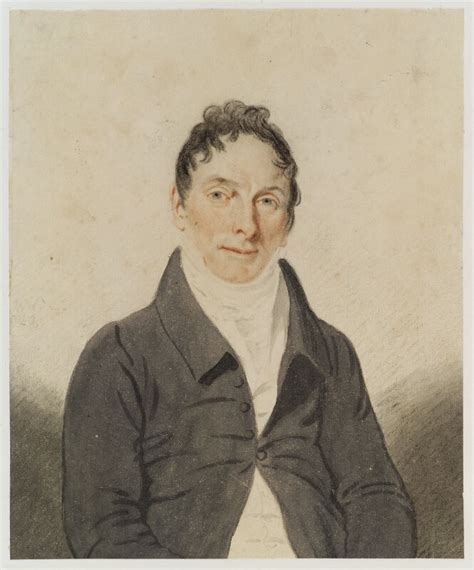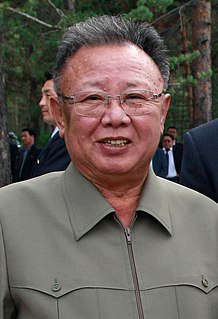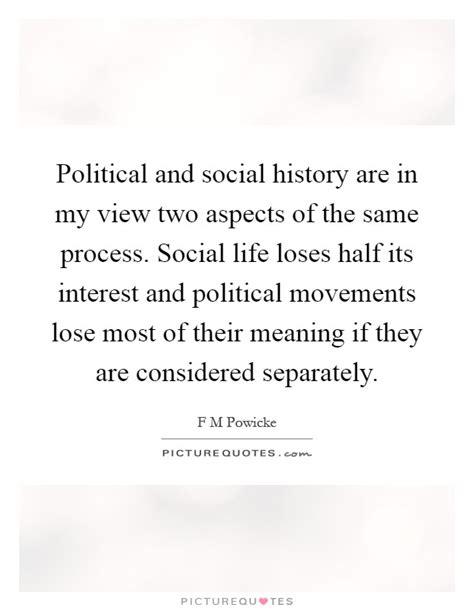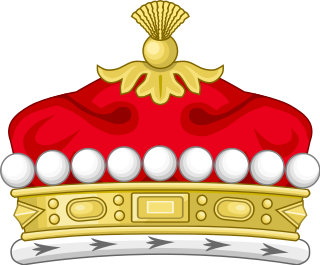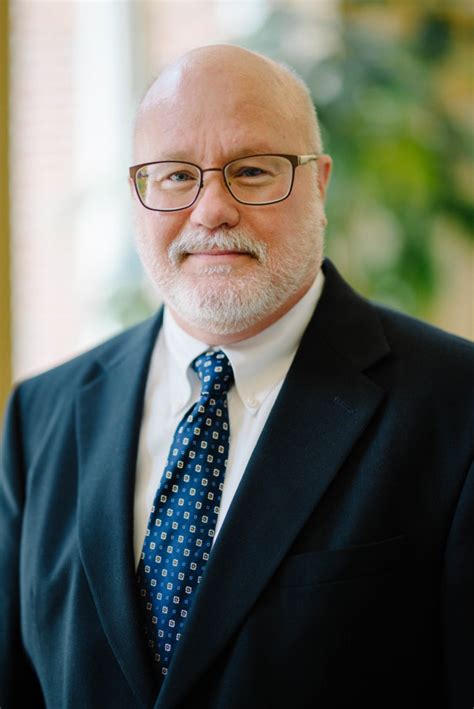A Quote by Samuel Laman Blanchard
Social and political life is a Society for the Diffusion of Mendacity .
Related Quotes
Political philosophy is realistically utopian when it extends what are ordinarily thought to be the limits of practicable political possibility and, in so doing, reconciles us to our political and social condition. Our hope for the future of our society rests on the belief that the social world allows a reasonably just Society of Peoples.
[T]here are, at bottom, basically two ways to order social affairs, Coercively, through the mechanisms of the state - what we can call political society. And voluntarily, through the private interaction of individuals and associations - what we can call civil society. ... In a civil society, you make the decision. In a political society, someone else does. ... Civil society is based on reason, eloquence, and persuasion, which is to say voluntarism. Political society, on the other hand, is based on force.
The American people owe it to themselves, and to the cause of free Government, to prove by their establishments for the advancement and diffusion of knowledge, that their political Institutionsare as favorable to the intellectual and moral improvement of Man as they are conformable to his individual and social rights.
We have heard of a Society for the Diffusion of Useful Knowledge. It is said that knowledge is power, and the like. Methinks there is equal need of a Society for the Diffusion of Useful Ignorance, what we will call Beautiful Knowledge, a knowledge useful in a higher sense: for what is most of our boasted so-called knowledge but a conceit that we know something, which robs us of the advantage of our actual ignorance? What we call knowledge is often our positive ignorance; ignorance our negative knowledge.
Anarchism is a definite intellectual current in the life of our times, whose adherents advocate the abolition of economic monopolies and of all political and social coercive institutions within society. In place of the present capitalistic economic order Anarchists would have a free association of all productive forces based upon co-operative labour, which would have as its sole purpose the satisfying of the necessary requirements of every member of society, and would no longer have in view the special interest of privileged minorities within the social union.
The American founders, when framing their governments, looked to the Bible for insights into human nature, civic virtue, social order, political authority and other concepts essential to the establishment of a political society. They saw in Scripture political and legal models - such as republicanism, separation of powers, and due process of law - that they believed enjoyed divine favor and were worthy of emulation in their polities.
